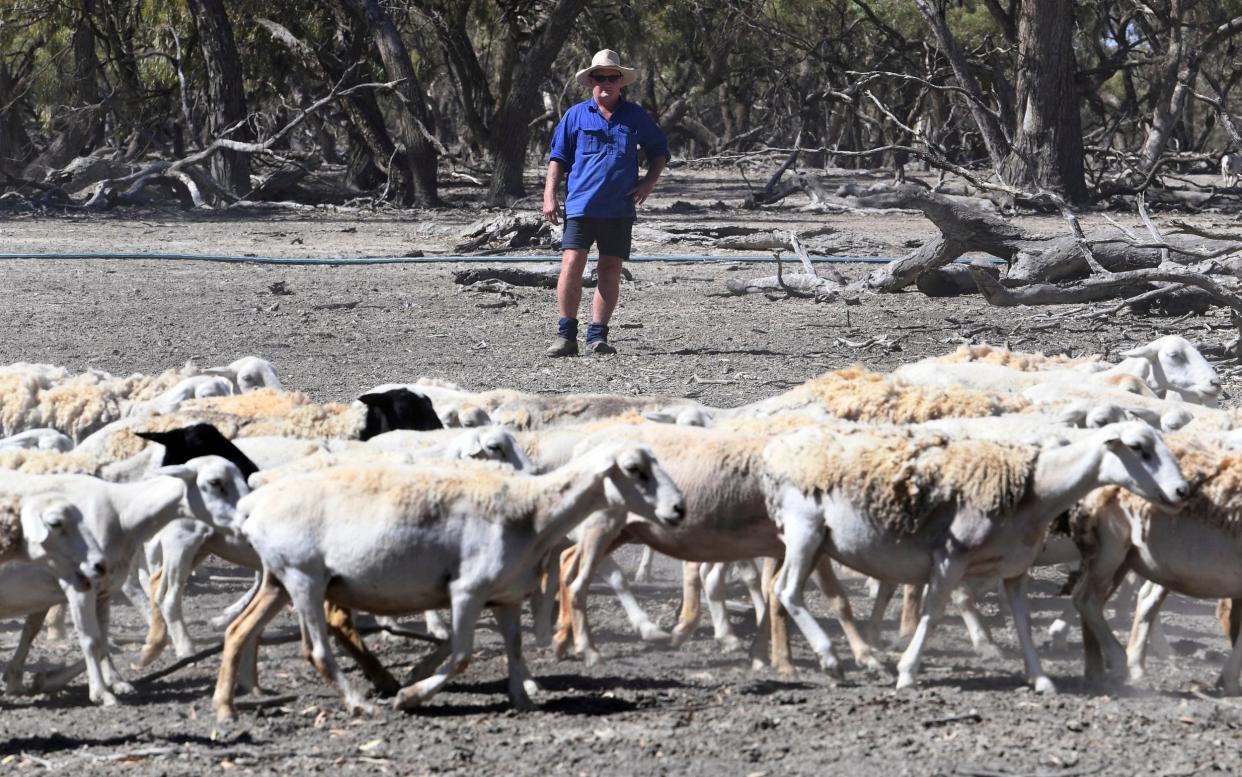Children forced to labour in drought-hit rural Australia are growing up prematurely, says UN

A devastating drought in Australia has prompted concerns about the toll on children in rural areas who face heavy daily workloads and are being forced to “grow up prematurely”.
A United Nations report found that children in areas affected by the protracted drought are undergoing long, stressful days of farm labour to assist their families and many “fear for the future of their family”.
Parts of eastern Australia have endured a sustained drought, including several inland regions that have had their lowest amount of rainfall on record over the past 22 months.
The report, by Unicef Australia, was based on interviews with more than 50 children aged five to sixteen in affected areas who gave tragic accounts of living in a seemingly endless drought.
"You look across a paddock and there's nothing there,” a ten-year-old boy told the researchers. “Like, it's just dirt. And you see like a mirage... Just dead lands everywhere... dead animals."
An 11-year-old girl said: "Our parents want to give us things, but they just can't and we just know that and don't say anything. Because it probably hurts them too."

Several of the children said politicians should visit the area to “feel what it’s like”.
"I had to grow up a lot more quicker than my sisters did,” an 11-year-old boy said. “And for that, it just sucks."
A high school student said: "Before the start of this year I'd never shot a lamb in my life, and I've done probably about 50 or so this year... I didn't want to do it. Like, I cried sort of thing… But now it's just easy. You just do it."
The report described an unfolding and worsening crisis, in which children have responsibilities “beyond what is reasonable for their age”.
“The cumulative toll on the physical and mental wellbeing of the children and young people that we met was evident and concerning,” the report said.
“These young people fear for the future of their family, but they also fear for their own futures. Will they stay or leave? Will they finish high school? Will their parents be able to afford school? Or university? They feel powerless to do anything to alleviate the suffering around them.”
The report called on authorities to fund programs for youth mental health and to actively check that all affected areas have necessary services.

 Yahoo News
Yahoo News 
